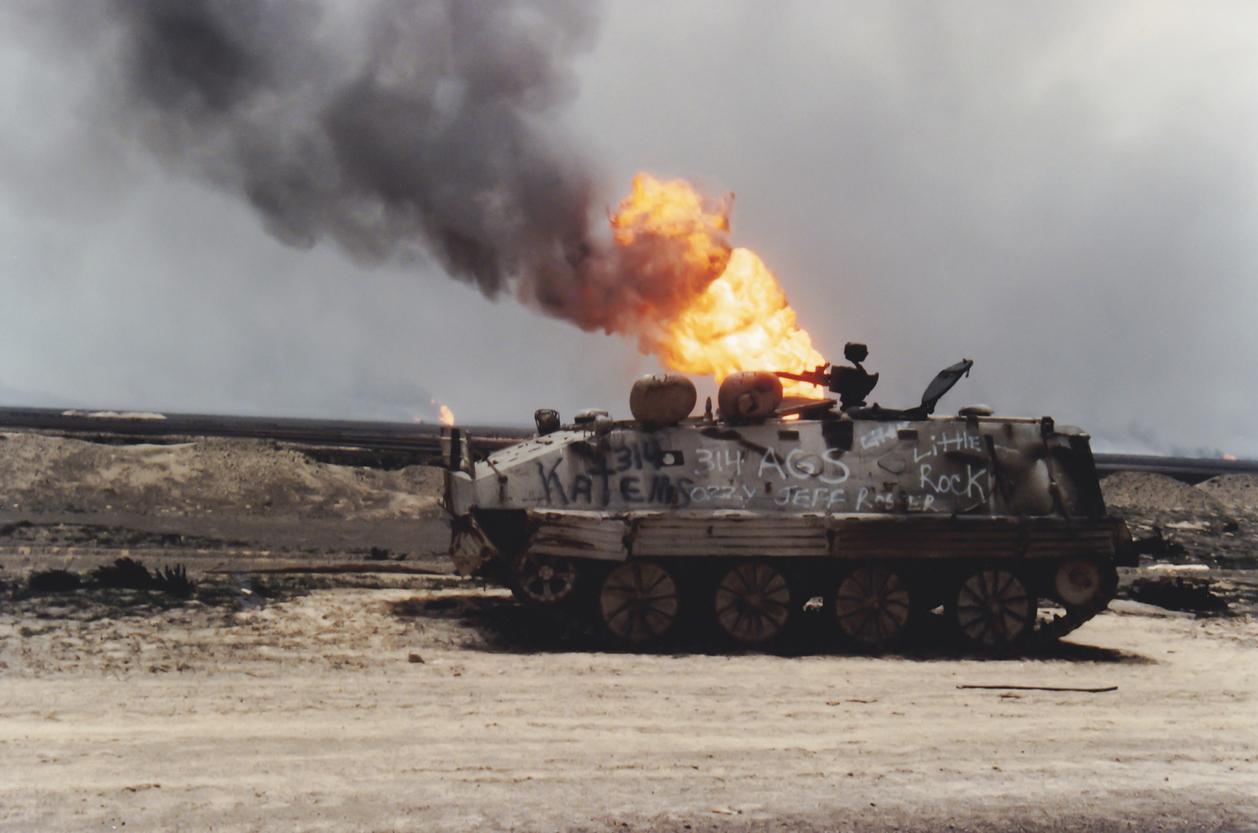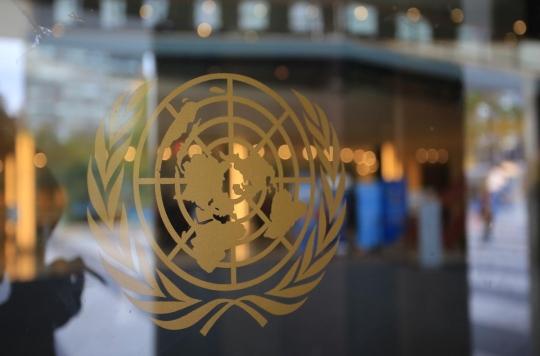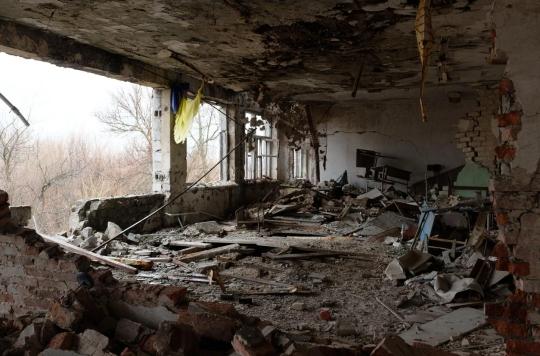Residents of Benghazi are living under siege, Amnesty International reports. They no longer have access to water, food or health care.

The news leads us to focus our gaze on Aleppo, a besieged, bombed Syrian city inaccessible to humanitarian convoys. By a sad mirror effect, this news takes us this time to Benghazi, Libya’s second city, which is suffering the disastrous consequences of five years of civil war.
” Trapped “
a report Amnesty International published this Friday sounded the alarm on the situation in Benghazi. Like Aleppo, this city which had nearly 650,000 inhabitants in 2011 is now under siege. “Hundreds of civilians are trapped in the neighborhoods of Benghazi, write the authors. The city faces an intensification of the conflict after several months of military blockade ”.
The NGO gathered the testimonies of 130 families and hundreds of foreign nationals stranded in the residential area of Ganfouda, southwest of Benghazi. “All access roads are blocked by combatants or by the Libyan National Army; access to food, water and electricity has been cut, ”Amnesty International reports.
Dirty water, rotten food …
“Time is running out for the civilians of Ganfouda (…). As bombs and shells continue to rain down on them, they struggle to survive on rotten food and dirty water. Sick and injured people must treat themselves with expired drugs, whose reserves are running out ”. The lack of potable water threatens to cause epidemics.
The report describes a particularly worrying situation for children stranded in these besieged neighborhoods. According to the authors, these children have “skin on their bones” because of the undernutrition and malnutrition to which they are exposed. Babies lack milk – a woman had to give birth at home, under the bombs. On the spot, the inhabitants explain that the reserves of cereals, rice and oil have run out.
Mohamed, one of them, welcomed eight families, or about 45 people, to his home in worrying sanitary conditions. He reports that in the absence of cooking fuel, they had to cook the food with charcoal placed in a wheelbarrow. He suffers from kidney problems but has no more medication to treat himself.
Open humanitarian corridors
Amnesty International calls on those involved in the conflict to spare civilians, to allow humanitarian aid to flow into these besieged neighborhoods, and to respect international humanitarian law. “Indiscriminate and disproportionate attacks are prohibited under international law, and every effort should be made to distinguish military targets from civilians.”
.















